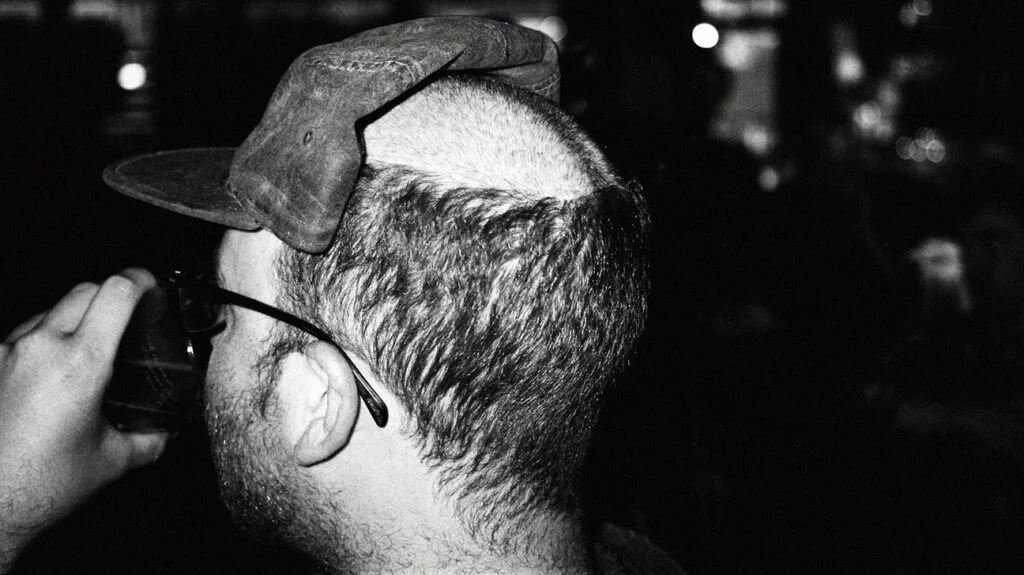Hey there, have you ever struggled with hair loss or thinning hair? It can be a frustrating and discouraging experience, but there may be hope on the horizon. Recent research has shown that RNA therapy could be a promising new treatment option for male and female pattern baldness.
What is RNA?
RNA therapy, also known as ribonucleic acid therapy, is a cutting-edge approach to hair loss treatment that targets molecular pathways involved in hair growth. This therapy stimulates hair follicles to produce new hair, potentially leading to fuller, thicker hair growth.
New Approach
1. While traditional hair loss treatments such as oral finasteride and topical minoxidil are safe and effective, RNA therapy offers a novel approach to hair loss treatment. Scientists from Northwestern University have found a way to boost the production of a tiny RNA particle, miR-205, which softens hair follicles, making them more flexible and easier to grow.
“The individual started to grow their hair in 10 days,” said the professor of pathology and dermatology at Northwestern’s Feinberg School of Medicine in Illinois and a senior author of the study in a chat.
2. Micro RNA delivery systems could help treat androgenetic alopecia, commonly known as male or female pattern baldness. While there are several safe and affordable treatments available for this condition, such as oral finasteride and topical minoxidil, the use of RNA therapy could provide a novel approach to hair loss treatment.
One of the concerns regarding micro RNA therapy is the mode of penetration and absorption into the target cells. While it does stimulate the growth of existing hair by activating stem cells, it does not produce new hair growth. However, scientists from Northwestern University have found a way to boost the production of a tiny RNA particle, miR-205, which softens hair follicles, making them flexible and easy to grow. This technique has shown promising results in a mouse model, but further research is necessary to determine its efficacy and safety in humans.
However, it is important to note that not all types of hair loss may respond to RNA therapy or other treatments, and consulting with a healthcare provider or dermatologist is crucial for a personalized recommendation.

 Let’s discuss the potential of ribonucleic acid (RNA) therapy as a new approach to treating male and female pattern baldness. RNA therapy works by targeting molecular pathways involved in hair growth and stimulating hair follicles to produce new hair. Recent research has shown that a specific type of RNA particle, miR-205, can soften hair follicles and make them more flexible, leading to new hair growth.
Let’s discuss the potential of ribonucleic acid (RNA) therapy as a new approach to treating male and female pattern baldness. RNA therapy works by targeting molecular pathways involved in hair growth and stimulating hair follicles to produce new hair. Recent research has shown that a specific type of RNA particle, miR-205, can soften hair follicles and make them more flexible, leading to new hair growth.




.jpeg)
.jpeg)

.jpeg)
.jpeg)
.jpeg)
.jpeg)
.jpeg)
.jpeg)
.jpeg)





.jpeg)

.jpeg)
.jpeg)







.jpg)

